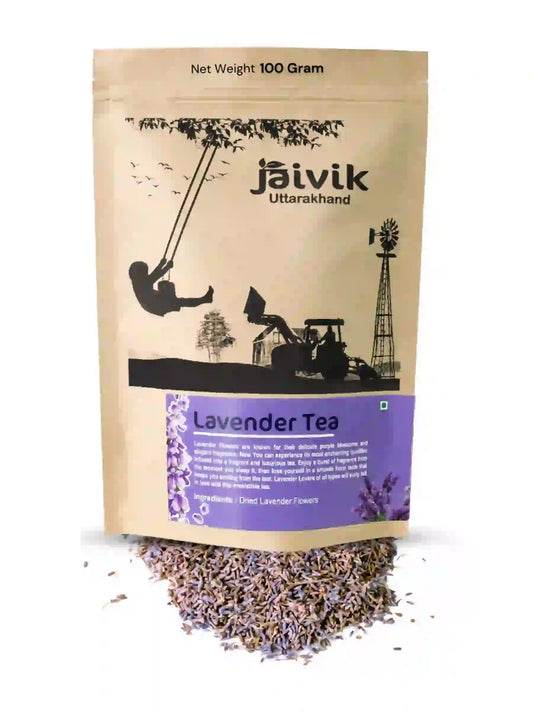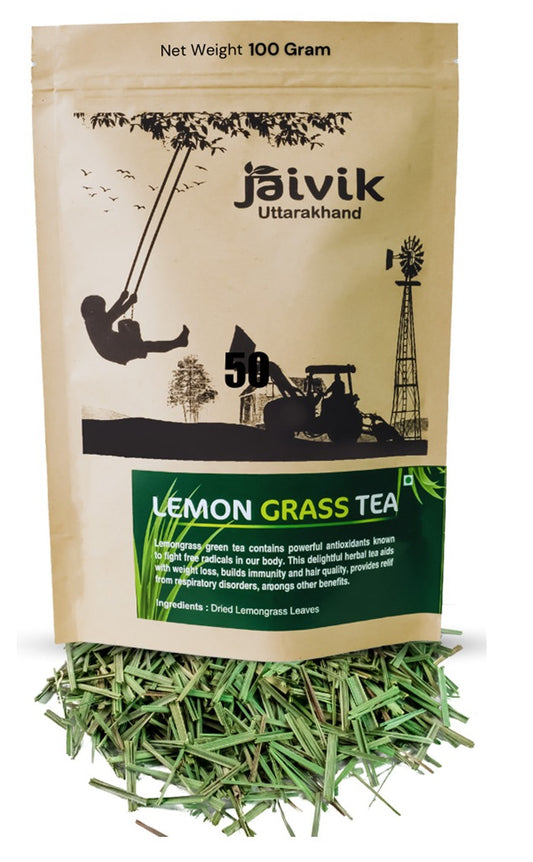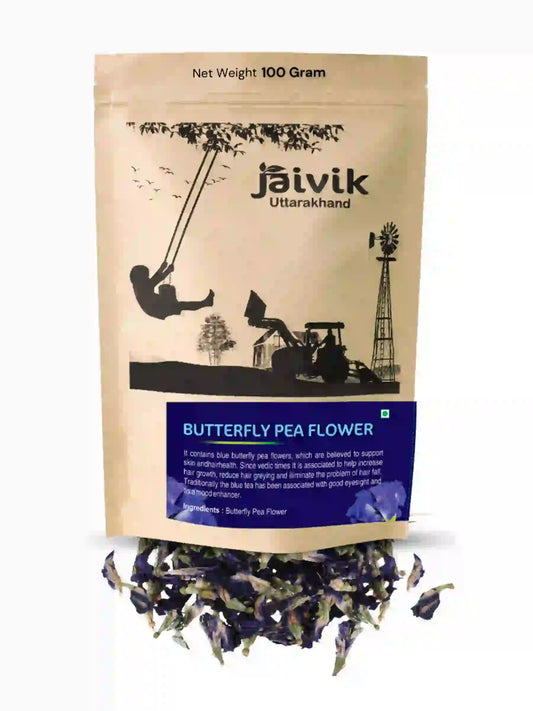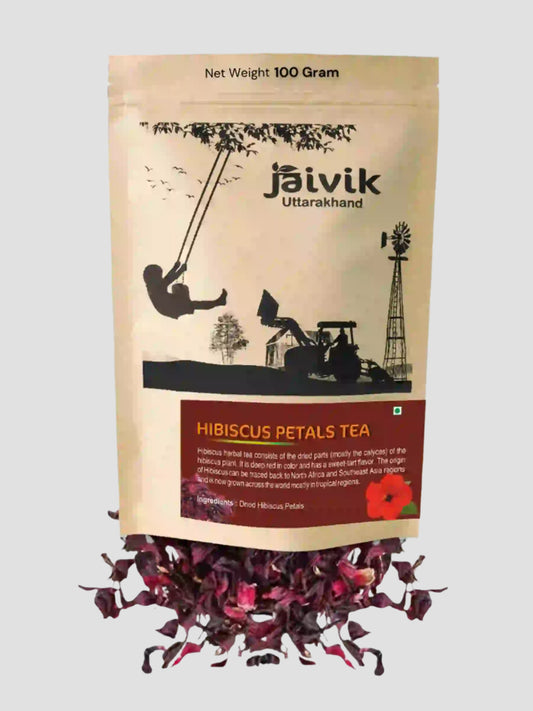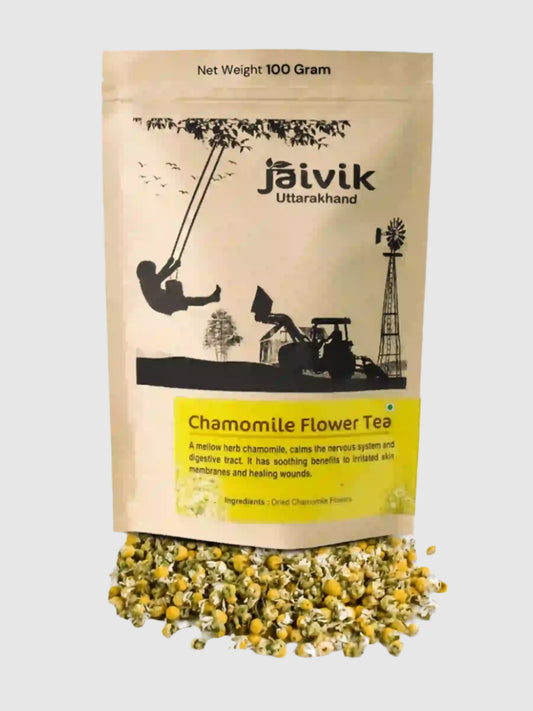Hibiscus Tea Farming: A Sustainable & Profitable Future
🌺 Hibiscus Tea Farming: A Sustainable & Profitable Future 🌺
Hibiscus tea farming is gaining momentum as a sustainable and highly profitable agricultural practice. With increasing demand for herbal teas and natural wellness products, hibiscus cultivation presents an eco-friendly and financially rewarding opportunity for farmers worldwide.
1. Sustainability in Hibiscus Tea Farming
🌱 Low Environmental Impact: Requires minimal pesticides, reducing chemical pollution. 💧 Drought-Resistant Crop: Thrives with little water, making it ideal for dry regions. 🦋 Supports Pollinators: Attracts bees and butterflies, enhancing biodiversity.
2. Economic Benefits for Farmers
📊 High Market Demand: Used in herbal tea, health supplements, and beauty products worldwide. 💵 Low-Cost Cultivation, High Profits: Minimal input costs with multiple harvests per year. 🚀 Diverse Revenue Streams: Sell dried petals, tea blends, and hibiscus-infused products.
3. Organic & Regenerative Farming Advantages
🌍 Ideal for Organic Certification: Naturally pest-resistant, making organic farming more accessible. 🌾 Soil Health Improvement: Prevents erosion and enhances soil fertility through regenerative farming practices. 🔄 Crop Rotation Benefits: Grows well with legumes and grains, promoting sustainable agriculture.
🌍 The Future of Hibiscus Tea Farming 🌍
(Insert Image: A farmer drying hibiscus petals under the sun for tea production.)
As the global tea industry shifts towards herbal and wellness-focused beverages, hibiscus tea farming is set for significant growth. Here’s how farmers can take advantage of this thriving market.
1. Expanding Market Potential
🛍 Direct-to-Consumer Sales: Sell hibiscus tea through online stores, health shops, and farmers' markets. 🌎 Export Opportunities: Strong demand in the USA, Europe, and the Middle East for organic hibiscus tea. 🏭 Industry Collaborations: Partner with tea brands, wellness companies, and pharmaceutical firms.
2. Advanced Farming Techniques for Growth
🌞 Climate-Resilient Crop: Adapts well to warm climates and changing weather conditions. 🔬 Precision Agriculture: Use organic fertilizers, smart irrigation, and efficient harvesting techniques. 📈 Data-Driven Cultivation: Monitor plant health and yield trends for better productivity.
3. Sustainable Branding & Growth Strategies
🌱 Eco-Friendly Product Packaging: Appeal to conscious consumers with sustainable packaging. 🤝 Community & Cooperative Farming: Collaborate with local farmers for better processing and distribution. 📢 Agritourism & Consumer Engagement: Offer farm visits, tea-making workshops, and eco-friendly retreats.
Final Thoughts
Hibiscus tea farming is a future-ready, sustainable, and profitable venture. By embracing eco-friendly practices, diversifying income sources, and tapping into the booming herbal tea market, farmers can ensure long-term success while contributing to a healthier planet. 🌺✨
